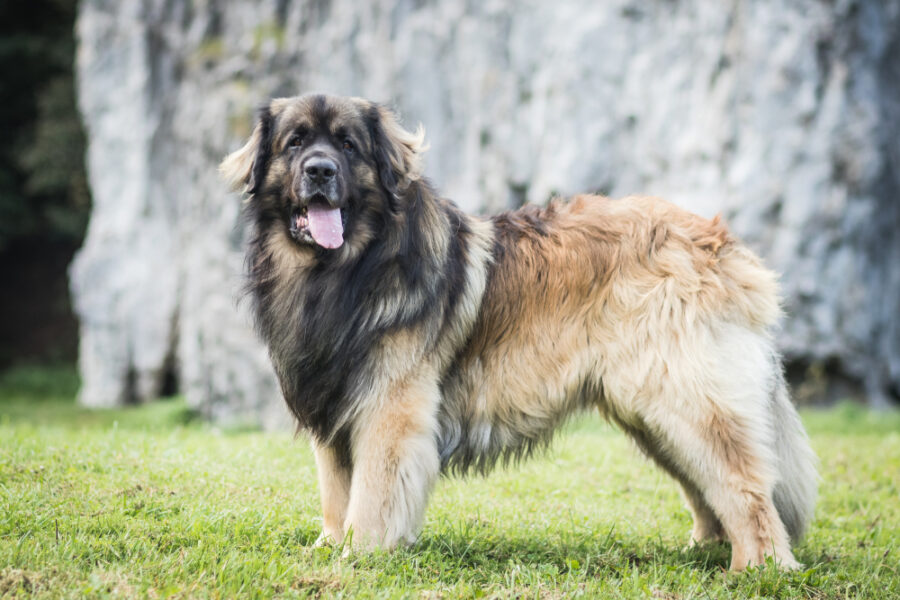FDA gives a nod to a novel approach that aims to extend the life of large and giant breeds.
Veterinarians witness first-hand the disparity in lifespans between small and large/giant breed dogs. While smaller breeds, such as Chihuahuas and Miniature Poodles, boast lifespans of up to 20 years, large and giant breeds generally live only 8-12 years. But recent strides in biotechnology may signal a groundbreaking development in the realm of dog longevity. The technology is aimed at controlling the levels of growth-promoting hormone IGF-1, which is believed to significantly curtail lifespans. Heightened levels of IGF-1 appear to be connected to breeds selectively bred for size.
On track
The proposed drug, LOY-001, developed by biotech company Loyal, was recently granted a significant approval milestone by the Food and Drug Administration (FDA) Center for Veterinary Medicine. This approval centers around the Reasonable Expectation of Effectiveness section for conditional drug approval applications. The Conditional Approval Pathway, an accelerated avenue for animal drugs, targets therapies that show promise in addressing unmet medical needs but necessitate intricate studies to compile definitive effectiveness data.
Mechanism
So how does the drug work? LOY-001 aims to reduce IGF-1 levels in adult dogs, which in turn will amplify their lifespan. The drug would be administered via injection by veterinarians every three to six months. It is anticipated to be available in 2026, contingent on FDA approval of the manufacturing and safety data. The FDA’s acknowledgment of the drug’s reasonable expectation of effectiveness sets the stage to market the drug for lifespan extension in large dogs once this approval is obtained. Conditional approval spans up to five years, during which the remaining effectiveness data will be collected to eventually apply for full approval.







